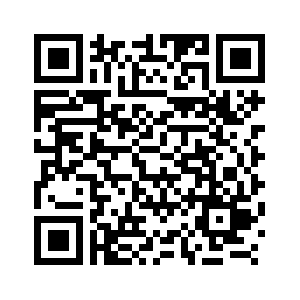MANILA, April 1 (Xinhua) -- The Asian Development Bank (ADB) on Monday said it has approved a grant of 2.8 million U.S. dollars to support Mongolia's relief efforts to deal with dzud, an extreme wintry weather condition.
Dzud refers to a climate-related disaster wherein a summer drought is followed by heavy winter snow with plummeting temperatures that inhibit access to winter pasture and cause heavy loss of livestock.
The ADB said in a press release that the grant will help fund the provision of cash and the immediate purchase of food supplies, fuel, medical and emergency kits, as well as communication and rescue equipment for affected herder households.
"About 70 percent of all herder families in the country have been severely affected by dzud, with the disaster impacting 55 percent of all soums (subprovinces) across all 21 provinces and four districts of the capital city," said ADB Country Director for Mongolia Shannon Cowlin. "Pastoral households, especially those with smaller herd sizes, face the prospect of losing their livelihoods, and the disaster is also putting human health and lives at risk."
According to the United Nations dzud dashboard, an extended period of extreme cold weather in Mongolia, with persistent temperatures below minus 40 degrees Celsius from mid-December 2023, has led to the loss of more than 4.7 million livestock animals, or around 7 percent of the country's total.
The severe impacts of harsh winter conditions could continue until June 2024 when pastures start regenerating, risking substantial additional livestock mortality.
Other impacts of dzud include the threats to health and human lives due to sustained extreme temperatures and psychological trauma caused by extreme stress, including on children. The heavy snowfall has also blocked access to roads and passes around the country, hindering herder households from accessing essential health and education services. ■



